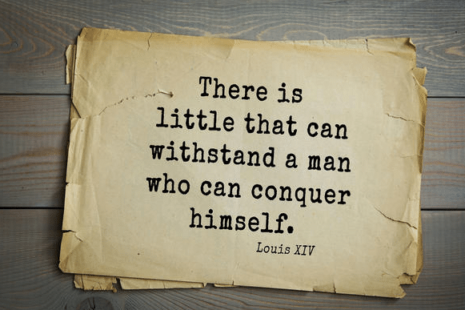The credentials needed to become a relationship coach can vary depending on the specific requirements of the coaching organization or the preferences of potential clients. While there are no strict regulatory requirements for relationship coaching, obtaining relevant credentials can enhance your credibility and attract clients.
Some common credentials and qualifications that relationship coaches may pursue include…
- Coaching Certification – Completing a coaching certification program from a reputable coaching organization can provide you with foundational coaching skills, ethics, and techniques. Look for programs accredited by the International Coach Federation (ICF) or other recognized coaching bodies.
- Specialized Training – Consider taking specialized training courses in relationship coaching or related fields such as communication skills, conflict resolution, or psychology. These courses can deepen your understanding of relationship dynamics and enhance your coaching abilities.
- Workshop and Seminar Attendance – Attending workshops, seminars, and conferences focused on relationship coaching can help you stay updated on the latest trends and techniques in the field.
- Continuing Education – Engaging in ongoing professional development and continuing education in coaching and relationship counseling can demonstrate your commitment to excellence and continuous improvement.
- Experience – Building experience working with clients in a coaching capacity, either through volunteer work, internships, or paid coaching sessions, can provide valuable hands-on experience and help you refine your coaching skills.
While credentials can enhance your credibility as a relationship coach, develop strong coaching skills, empathy, and the ability to connect with clients on a personal level. Building a reputation for delivering results and helping clients achieve their relationship goals is what will set you apart as a successful relationship coach.







